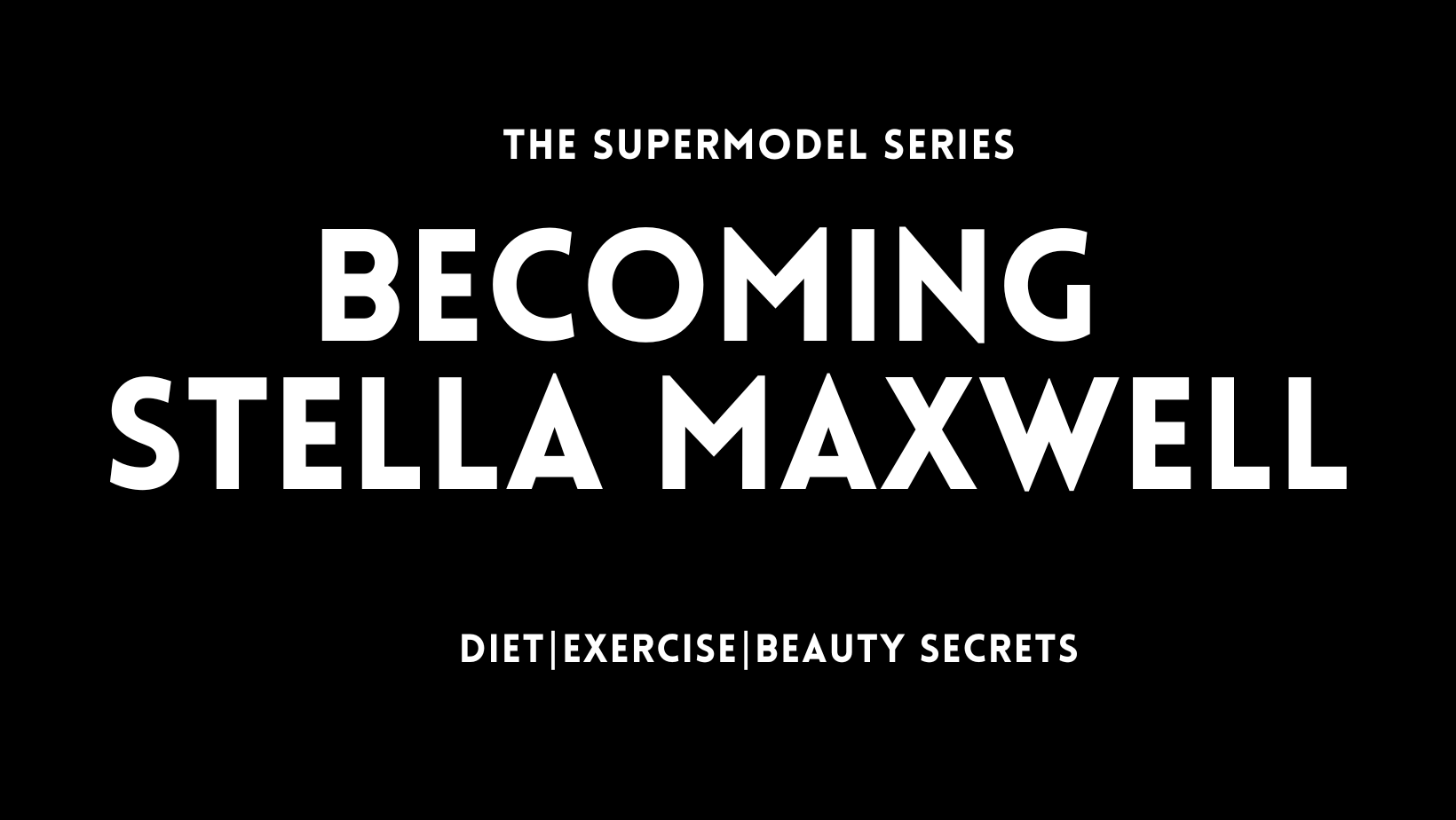5 Reasons Why We Never Seem To Be Happy
Introduction
The Neighbors’ Window is a thought-provoking short film that reflects the current state of our society. It highlights the obsession with technology and the impact it has on our relationships. The film draws parallels to George Orwell’s 1984, suggesting that we are living in an age he warned about.
The statistics mentioned reveal that our screen time, especially on social media, has drastically increased. As a matter of fact, generation Z (Gen Z) spends an average of 7.7 hours a day in front of screens, which is impacting their well-being. That being the case, teens and young adults are influenced by social media apps, shaping their values based on what influencers showcase. Consequently, depression and envy have risen, while happiness and overall well-being have significantly declined.
This film prompts us to question the reasons behind this shift and the implications it has on our lives.
You find the link to the video here!

Reason 1: Living & Growing Up In The Age Of Surveillance
What Is The “Age of Surveillance”?
“The careful watching of a person or place, especially by the police or army, because of a crime that has happened or is expected”, is how the word surveillance is defined by the Cambridge Dictionary.
In our time it is almost impossible to get away with criminal activities or other misdemeanours as big brother and the world is watching and judging you.
This is no blog post about crime and criminality. In short, this post is about how the awareness and feeling of observing and being observed, especially on social media, influence our behaviour and our mental health.
To me “Age Of Surveillance” is:
The mostly subconscious realisation of being observed and judged by society, predominantly through the means of modern technology.
The Pretty Ducked Blog
How Society Changed In The Past Few Years
The slogan for the 2020-2022 period could be summed up in two words, “Social Distancing.” As a result, people stayed indoors and could not visit relatives and friends. This new way of life has left noticeable traces in our daily interactions and has also impacted our mental health. Therefore much of the population experienced loneliness and fear.
Studies conducted in the first few months of isolation by the Centers for Disease Control and Prevention (CDC) clearly showed that depression, anxiety and suicidal ideation in young adults skyrocketed. The World Health Organization (WHO) published one shocking article after another. The title of one article published in early 2022 affirmed the following:” COVID-19 pandemic triggers 25% increase in prevalence of anxiety and depression worldwide“. Especially among teenagers and young adults, the number of suicide attempts has exploded. Suicide has always been a taboo in our society. Consequently, it is almost impossible to find exact statistics and numbers. However, loneliness may be the biggest silent killer.
How Does Social Media Influence Our Mind?
It should not be a surprise to anyone, that social media and the algorithms behind the most popular applications, make us highly addicted. In addition, algorithms make us spend more and more time in front of the screen. Social media is what you make out of it. Your favourite platform can be a space to educate yourself and stay informed. Nonetheless, it can also turn out to be an unfriendly or toxic environment that keeps you in chains.
The Power Of Social Media: Positive Aspects
- Social media makes you feel good and boosts your self-esteem
- Social media allows you to connect to people worldwide and build relationships
- Social media helps you to stay informed, allowing you to choose your news sources
- Social media entertains you when you need distraction
- Social media can boost creativity and inspires
The Power Of Social Media: Negative Aspects
- Social media can contribute to depression and influence your dopamine levels
- Social media is often misleading and highly censored
- Social media triggers “FOMO” (Fear Of Missing Out) and impulse control issues
- Social media can lead to procrastination and “time wasting”
- Social media erases Face-to-Face Communication
- Social media adds to reality distortion
And always remember: Social media does not allow you to get to know a person; you never see 100% of his or her life. You see what people WANT to show you. You decide for yourself whether this is a positive or negative aspect of social media.
Reason 2: The Quest Of Finding Happiness
What Is Happiness?
Honestly, there are MANY different definitions and puns to represent and summarise “happiness.” It is up to us to decide which one is the most accurate. To this day, the most fascinating definitions and theories of happiness derive from the historic Roman and Greek philosophers.
The father of happiness, Epicurus defines happiness as ” happiness is a man’s greatest aim in life. Tranquility and rationality are the cornerstones of happiness”. He goes on to state, in one of his more popular quotes:
“Do not spoil what you have by desiring what you have not; remember that what you now have was once among the things you only hoped for.”
Epicurus
Check out other quotes by Epicurus here.
Epicurus was a man of simplicity. His goal was to live a pleasureful life, as pleasure is what contributes to happiness. Epicurus believed that the highest good is tranquillity and freedom from fear (ataraxia) and bodily discomfort (aponia). According to Epicurus pleasure was obtained through:
- living a virtuous life
- living a temperate (mild & modest) life
- moderation of all things (minimalism)
- knowledge
- friendship and sense of community
- abstaining from bodily desires
Epicurus‘ philosophy promotes a thoughtful and intentional approach to life. For this reason, his teachings remain relevant today, offering insights into the pursuit of genuine happiness, the importance of meaningful relationships, and the cultivation of a balanced and contented life.
You find more information and insight into Epicurus’s philosophy and life, here ⬇️ :
How To Live A More Happy Life?
Living a happier, more balanced life is a desire shared by all human beings. Yet, just a few seem to have found the answer and the key to happiness. Whereas, it all depends on our expectations and the largely unrealistic lifestyles of the people we see online. In fact, even the people we know, who seem to have it all worked out, may not have and are still losing and finding their way in this chaotic world.
Basic Advice To Be Happier Longterm:
- Clean & declutter your apartment (don’t forget to make your bed)
- Stay organised and get things done (write a to-do-list for every day)
- Eat healthier diet, drink more water (beauty comes from inside out)
- Practice gratitude and try to stay optimistic
- Stay away from toxic people who drag you down
Happiness – A Short Film
One of the greatest short films ever done is “Happiness” by Steve Cutts. This short film shows the average life of us humans—our attitude to life, dreams, and our everyday habits.
In case you have not seen it, here is a a link to the video ⬇️ :
Reason 3: Buying Into The “Dream”
Expectations VS Reality
An expectation is essentially the hope that something good will happen in the future. As a consequence, expectations are constructions of the ideal future meticulously thought out and built up in our heads. As soon as reality hits, our expectations are shattered and we are more unhappy and dissatisfied than ever. Happiness, as you might have guessed lies somewhere in between your expectations and reality.
Let’s get back for a moment, to our favourite online gurus who promise fortune and fame, a happier life and of course a bunch of money. These online gurus, motivational speakers and millionaires sell you a dream and desires you never thought you had. In order to achieve your new set goals you just have to buy their online courses or other products. At first, it might work out, but over time it becomes a toxic spiral and quite frankly a waste of both your time and money.
Keep This In Mind When Navigating Social Media
Ask yourself the following questions before you consider signing up to anything:
- Do you know what MLM is? (If you don’t know, click here.)
- What is the advantage for you? What is the advantage for them?
- How realistic is the chance of this working out in general?
- How realistic is the chance of this working out for you?
- What would you have to give up? What do they ask you to give up? Is it worth it?
- What values are preached?
- Any reliable testimonials?
Some additional thought impulses:
- If those are millionaires, why do they sell a course?
- If this works for everyone, why aren’t we all happy and rich?
- What if they want to take advantage of you?
- Are you ready to potentially waste your time, money, and personal relationships?
Reason 4: Social Media: The Fake World
A Brief History Of Social Media As We Know It Today
In 2023, an estimated 4.9 billion people use social media across the world. The average user engages on 6.7 different social media applications and spends 2 hours and 24 minutes on said applications. And it all started here:
The launch of the first social sites can be dated all the way back to 1997 when the “Six Degree” profile uploading system was first introduced. However, it shut down in 2001 due to various reasons, including a limited user base. Shortly after, in 2002 “Friendster” was introduced. Friendster was highly popular in Asia. It was the first social media platform, as we know them today, that allowed users to upload photos and share content with friends. After facing some technical issues Friendster lost millions users.
The first web-blog and blog, another form of social interaction, gained popularity around 1999.
Instagram: Don’t Take A Closer Look
Probably you have already heard that there are serious frauds on social media platforms. Fake Instagram influences who buy followers and likes, pretend to have very lucrative brand sponsorship deals and get invited on luxurious yachts in Dubai. But what many don’t know is that also our favourite celebrities have massive amounts of fake followers.
What Are Fake Followers On Social Media?
Fake followers are profiles on social media that are used by other accounts to give a false impression of how “real” or important they are. While some are ghost followers that do not interact or engage, others are bots that perform automated functions such as retweeting, sending friend requests, or posting fake comments and replies. Basically everyone can buy fake followers through established companies who sell them for pennies.
Which Celebrities Have The Most Fake Followers?
Fake followers of the most followed celebrities on Instagram:
| Username | Owner | Followers in million(2023) | Fake Followers in % (2023) |
| @cristiano | Cristiano Ronaldo | 613 | 24% |
| @leomessi | Lionel Messi | 493 | 23% |
| @selenagomez | Selena Gomez | 429 | 25% |
| @kyliejenner | Kylie Jenner | 399 | 40% |
| @therock | Dwayne Johnson | 393 | 47% |
| @arianagrande | Ariana Grande | 380 | 46% |
| @kimkardashian | Kim Kardashian | 364 | 44% |
| @beyonce | Beyonce | 318 | 27% |
| @khloekardashian | Khloè Kardashian | 311 | 43% |
| @taylorswift | Taylor Swift | 277 | 46% |
| @kourtneykardashain | Kourtney Kardashian | 224 | 46% |
| @mileycyrus | Miley Cyrus | 215 | 45% |
| @katyperry | Katy Perry | 206 | 44% |
| @ellendegeneres | Ellen DeGeneres | 139 | 49% |
| @priankachopra | Priyanka Chopra | 89.9 | 43% |
| @bts.bighitofficial | BTS | 74 | 47% |
Reason 5: What You See On Social Media Might Not Be It
What Are Envy And Jealousy?
The Cambridge Dictionary provides us with two very accurate definitions of what envy and jealousy are. Envy is – “to wish that you had what another person has“, while jealousy can be described as – a feeling of unhappiness and anger because someone else has something or someone you want.
Envy and jealousy have similar but not necessarily the same meaning. Envy is covetous; jealousy is possessive. While envy implies a strong desire, but at the same time a sense of inferiority, to be in the position of the things, qualities, status, etc. that the other person has, jealousy does not. Jealousy is related to strong negative feelings such as anger, anxiety, fear of losing someone/something you already have, and distrust.
How Envy And Jealousy Influence Your Mental Health
“Surrounded by the flames of jealousy, the jealous one winds up, like the scorpion, turning the poisoned sting against himself.”
Friedrich Nietzsche
People who are always envious or jealous of others may miss out on many things. The feeling we are focusing on, as it connects perfectly to what most people feel, as soon as they open Instagram, is envy. In fact, envious people often miss a very important point: perhaps what you see, may just not be it. This is true especially on social media.
You see the glittery, glamorous exterior of others, but you never know what is going on or how a person is. Or how your favourite online personalities live their life once the camera is off and there are no more filters to hide their flaws. As a matter of fact, there is certainly more to a person’s life, than their social media profile.
The chance that a person shares all of their ups and downs as soon as they happen, although possible, is jet very unlikely.
How Social Media Spikes Envy
Let The Games Begin
- Who is the best looking?
- Who is the happiest ?
- Who accomplishes the most?
- Who has the best boyfriend/girlfriend?
- Who has the most money?
- Who has the most followers/views/likes/comments?
- Who revieves the most attention? Who is the most loved?
Social media is a game of appearances and numbers. The simple act of observing the lives of others. Looking into their lives through a small window can generate a feeling of envy.
One of the reasons we post and share the best moments of our lives online is to let others know how well we are doing, with the intent of creating the best image of ourselves.
Nonetheless it is necessary to specify that there is absolutely nothing wrong with doing so, as long as it does not get so out of hand that we start lying to ourselves. In a world where everything can be measured with likes stay true to yourself. As this is the ultimate key to avoid falling into negative thoughts.

Conclusion
Looking at everything we know, the age of surveillance and the prophecy of Orwell’s 1984 are here and upon each of us. As a matter of fact, social media is at the forefront of turning into the biggest of brothers. From the fake gurus trying to hoard your time and money, to the fake followers and likes that give you the impression of what success looks like, to the self-censorship and distortion of your own life. Social media has all of this.
As a result, mental health is also negatively affected by the competitive nature of social media, as it fails to provide a sense of belonging and instead becomes a battleground for attention seekers. Yet, despite these problems, there is potential to transform social media into a space of respectful interactions, where users recognise the humanity of others.
It is crucial to remember, that we share more similarities than differences, and that our worth should not be determined by the opinions of strangers. In essence, the current value system, based on likes and comments, skews our perception of looks and like ability.
Extra
In this TED Talk, the US American psychiatrist Robert Waldinger discusses the findings from a 75-year study on adult development, which offers insights into what truly leads to happiness and health. According to Waldinger, fame and money are not the keys to a fulfilling life. Furthermore he highlights three important lessons learned from the study.



3 responses to “Social Media”
[…] Society and human connections are essential for us humans. We saw in the last blog post “Social Media: 5 Reasons Why We Never Seem To Be Happy” just how important real human interaction is. It keeps us healthier and allows us to live a […]
[…] Social Media: 5 Reasons Why We Never Seem To Be Happy […]
[…] Social Media: 5 Reasons Why We Never Seem To Be Happy […]